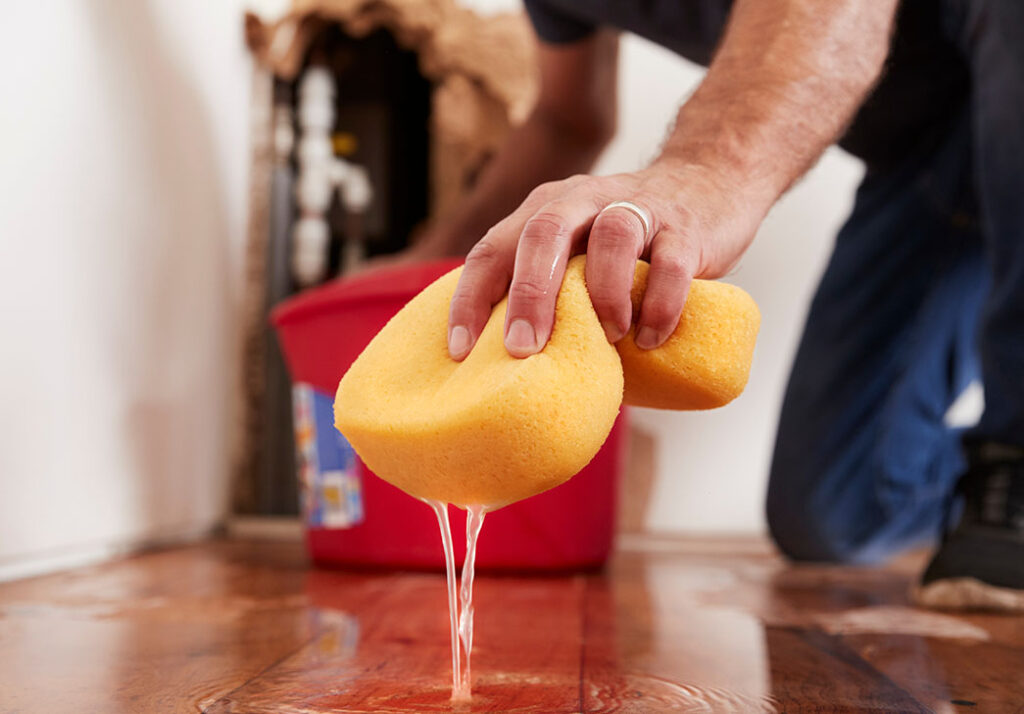Plumbing problems can be a real headache for homeowners. From burst pipes to appliance leaks, these issues can lead to costly repairs and potential damage to your property. Coverage for water damage can vary widely from insurer to insurer and not all home insurance policies are the same. Many homeowners wonder if their insurance policies cover these plumbing issues and provide financial protection in case of a plumbing emergency.
Understanding Home Insurance Coverage
Home insurance is designed to provide financial protection for your home and belongings in the event of covered perils, such as fire, theft, or natural disasters. While home insurance policies vary from one provider to another, most policies include coverage for sudden and accidental plumbing issues that result in water damage to your property. However, it is important to note that home insurance does not cover maintenance-related issues or damages caused by wear and tear.
Home Insurance Covered Plumbing Problems
Burst Pipes
One of the most common plumbing problems that homeowners face is burst pipes. Whether it's due to freezing temperatures or other unforeseen circumstances, a burst pipe can cause significant damage to your property. Fortunately, most standard homeowners insurance policies cover the cost of repairing the damage caused by burst pipes. This includes repairing damaged drywall and replacing ruined carpets.
Appliance Leaks
Appliance leaks, such as those from dishwashers, washing machines, water heaters, refrigerators, or air-conditioning units, can also cause water damage to your property. In most cases, homeowners insurance will cover the cleanup and repair costs associated with sudden and unexpected appliance leaks. However, it's important to review your policy to determine if there are any exclusions or limitations, such as coverage for sump pump failures.
Overflowing Toilets, Bathtubs, and Sinks
Accidents happen and sometimes toilets, bathtubs, or sinks can overflow, causing water damage to your home. In such cases, most homeowners insurance policies will cover the resulting damage. However, coverage may vary depending on the cause of the overflow. If the overflow is due to a blocked drain or pipe within your property, it is typically covered. However, if the problem originates in a public sewer system, you may need additional coverage, such as water backup coverage, to protect against potential damages.
Other Causes of Pipe Damage
Homeowners insurance also covers a range of other incidents that could potentially damage your plumbing. This includes scenarios such as kitchen fires or external factors like a tree falling on your house during a storm. These types of damages would generally fall under the dwelling coverage section of your policy, which is designed to repair damage to the structure of your home.
Exclusions and Limitations
While homeowners insurance provides coverage for many plumbing issues, there are certain situations and damages that are typically excluded from coverage. You may be able to purchase additional coverage for these perils so be sure to speak with your insurance broker to find out what your options are.
Sewer Backups and Sump Pump Failure
One common exclusion in homeowners’ insurance policies is coverage for sewer backups and sump pump failures. If your sewer system backs up or your sump pump fails, resulting in water damage to your property, you may not be covered unless you have added water backup coverage to your policy. Our brokers are available to explain these optional coverages to ensure you have the protection you need.
Flooding
Homeowners insurance does not typically cover damage caused by flooding unless you have specifically added flood coverage to your policy. Flooding refers to water entering your home from external sources, such as overflowing rivers, tidal surges, or heavy rain that the ground cannot absorb. If a flood damages your plumbing, such as by washing soil or debris into your pipes, it is unlikely that your homeowners insurance will cover the repairs unless you have added this as additional coverage. Flood or overland water coverage may even be excluded from your home insurance policy if you live in an area that’s been identified as prone to flooding. Talk to your broker about the possibility of adding this coverage to your home insurance policy.
Lack of Maintenance and General Wear and Tear
Home insurance is designed to cover sudden and accidental events, not damage as a result of wear and tear or lack of regular maintenance. As a homeowner, it is your responsibility to properly maintain your plumbing system and address any issues promptly. If you neglect to maintain your property or fail to address a known leak or plumbing problem, your insurer may deny your claim or consider it a result of negligence. It is crucial to take necessary steps to prevent and address plumbing issues in a timely manner.
Filing a Claim for Plumbing Problems
When deciding whether to file a claim for a plumbing problem, it’s important to consider the type of problem and the extent of the damage. If the damage is the result of a sudden and accidental event, such as a burst pipe, you are more likely to have coverage. However, if the problem is a slow leak or a maintenance issue, it may not be worth filing a claim, especially if the damage is relatively minor.
Before filing a claim, it’s always advisable to review your policy carefully and consult with your insurance broker. They can help you understand the coverage limits, deductibles, and any exclusions that may apply to your specific situation. They can also provide guidance on the best course of action based on the severity of the damage and the potential impact on your premiums.
Conclusion
Plumbing problems can be a source of stress and financial burden for homeowners. While home insurance can provide coverage for sudden and accidental plumbing issues, it is important to understand the limitations and exclusions of your policy. Regular maintenance, prompt repairs, and proactive prevention measures can go a long way in reducing the risk of plumbing emergencies. By understanding your insurance coverage and taking necessary precautions, you can protect your home and minimize the potential impact of plumbing issues.
Contact one of knowledgeable brokers at McLean & Dickey Insurance to discuss your insurance needs and ensure that you have the right coverage in place to safeguard your home from unexpected plumbing emergencies. We’re happy to provide you with a quote for your home insurance coverage.




